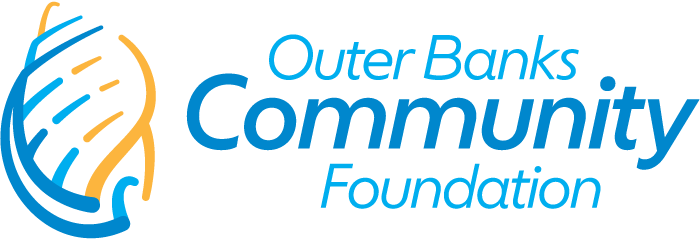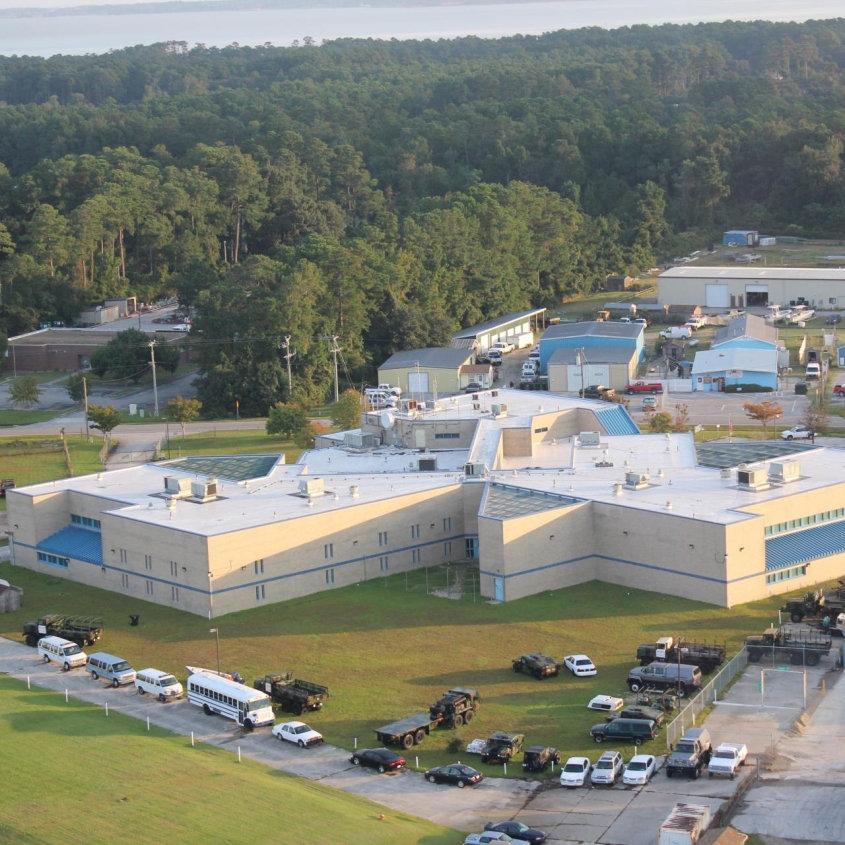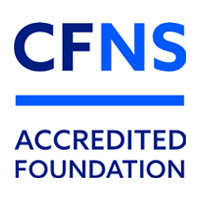Hope beyond the bars: How community support is changing lives at the Dare County Detention Center
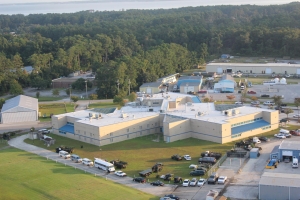
Dare County Detention Center. Photo courtesy of Dare County.
By Danielle Puleo
Few people think about what happens inside a detention center beyond the obvious work of keeping the public safe. But behind the locked doors and long shifts, there’s a quieter mission underway in Dare County, one centered on healing, dignity, and second chances.
In 2024, the Outer Banks Community Foundation awarded a Community Enrichment Grant to the Dare County Detention Center (DCDC) for a proposal titled Community Reentry Resources. As OBCF Chief Operating Officer Nandy Stuart explained, “Dare County Detention Center will use these funds to pay fees or tuition for select individuals to access treatment for substance use disorders upon release from incarceration.”
The goal was simple but powerful: help people leaving incarceration bridge the gap between jail and recovery.
“Reentry into the community after incarceration is a critical time for people with substance use disorders,” Stuart noted from the grant application. “Overdose is a leading cause of death among those recently released.”
In 2025, a second grant from the Instrument of Thy Peace Fund, a donor-advised fund of OBCF, continued support for the program, this time without a timeline restriction. “These types of grants,” Stuart added, “are initiated by donors who view such programs as vital to the community.”
For programs coordinator Ashley Bahen, who applied for the grants, the funding fills a vital gap in a system strained by mental illness and addiction.
“Many people with mental illnesses do not have appropriate support due to the closing of long-term mental institutions and a lack of community mental health resources,” Bahen explained. “As a result of the lack of support and resources nationwide, jails have become America’s largest mental health institutions.”
Inside the Dare County Detention Center, that reality has inspired an extraordinary level of care.
“Currently, DCDC provides more services under one roof directly to people with mental health needs and substance use disorders than any entity in Dare County,” Bahen said. “Nearly everyone who accesses these services in DCDC is released in much better health compared to when they arrived.”
The OBCF grant-funded reentry support helps pay entry fees or tuition for residential treatment or faith-based recovery programs. Participants must demonstrate accountability before release by working, engaging in counseling, attending classes, and showing respect to others.
“We typically use the grant funding to assist incarcerated people who have been in custody for a significant period of time who want to attend a residential treatment facility upon release,” Bahen explained.
So far, the funding has helped multiple individuals transition directly from incarceration to structured recovery programs. “The funding itself isn’t as important as having the public support of OBCF for the work DCDC performs to help people in custody access treatment upon release,” Bahen added.

Lieutenant Kenneth “Kenny” Melton, who has worked in DCDC for 22 years, and Lieutenant Amy Hill, who is celebrating her 29th year of working in DCDC this year. Photo courtesy of Danielle Puleo.
For Lieutenant Kenneth “Kenny” Melton, who has served at DCDC for 22 years, this work is as much about faith as it is about safety. “No one plans to work in a jail,” he reflected. “But after you spend time doing it, qualities you didn’t know you had inside of you are born. I have developed a strong faith while working in DCDC. If you truly understand the environment you are working in, you can make a difference in peoples’ lives.”
That culture of compassion extends beyond the staff. Bahen described DCDC’s more than 40 volunteers who lead weekly Bible studies and Alcoholics Anonymous meetings. “These dedicated volunteers have a significant impact on the culture in DCDC,” she said. “Their work increases safety, improves the well-being of incarcerated people, and reduces recidivism by providing reentry support and positive social connections.”
Among those volunteers is Derek Stallings, who has been ministering to residents of the jail for ten years. “We need to go in there and give these men some hope that this is not their final destination,” he said. “This is only a small stopping point in their life, and there’s so much more out there for them.”
For Stallings and the other volunteers who spend time at DCDC, ministry is not just about preaching, it’s about connection. “We have a sign-up sheet where you write your first name down and a prayer request,” he explained. “It’s sent out to everyone in our Bible study group. When we finish up, we like to get together and hold hands and each one of us do a small prayer together, based on the requests.”
He says the experience is transformative for volunteers as well. “Make no mistake, it’s a blessing for us being able to do this,” Stallings shared. “I get excited when I go in there, and always walk out with a smile on my face.”
For the Outer Banks Community Foundation and Dare County Detention Center, the partnership is about more than funding; it’s about restoring lives and rebuilding community. Each dollar spent on a reentry program has a ripple effect, offering stability, sobriety, and a chance for people to rejoin society with purpose.
As Bahen put it best: “Treatment and recovery supports work if people can access them. Providing treatment and support services for incarcerated people begins with creating the safest environment possible in DCDC for the staff, inmates, contractors, and volunteers who come inside. The officers whose primary role in DCDC is to maintain safety are community heroes.”
Hope, it seems, has found a home – and it’s well beyond bars.
It has never been easier for you to make a real impact in our community! At the Outer Banks Community Foundation, there are countless ways to get involved in philanthropy. Start your journey today and make a lasting difference in the lives of those around us.
For more information, visit OBCF.org or call 252-423-3003.
About the Outer Banks Community Foundation: The Outer Banks Community Foundation is a 501(c)3 nonprofit organization committed to fostering philanthropy and supporting local causes. Through its charitable funds and grant programs, the Foundation strives to enrich the quality of life for residents of the Outer Banks.
